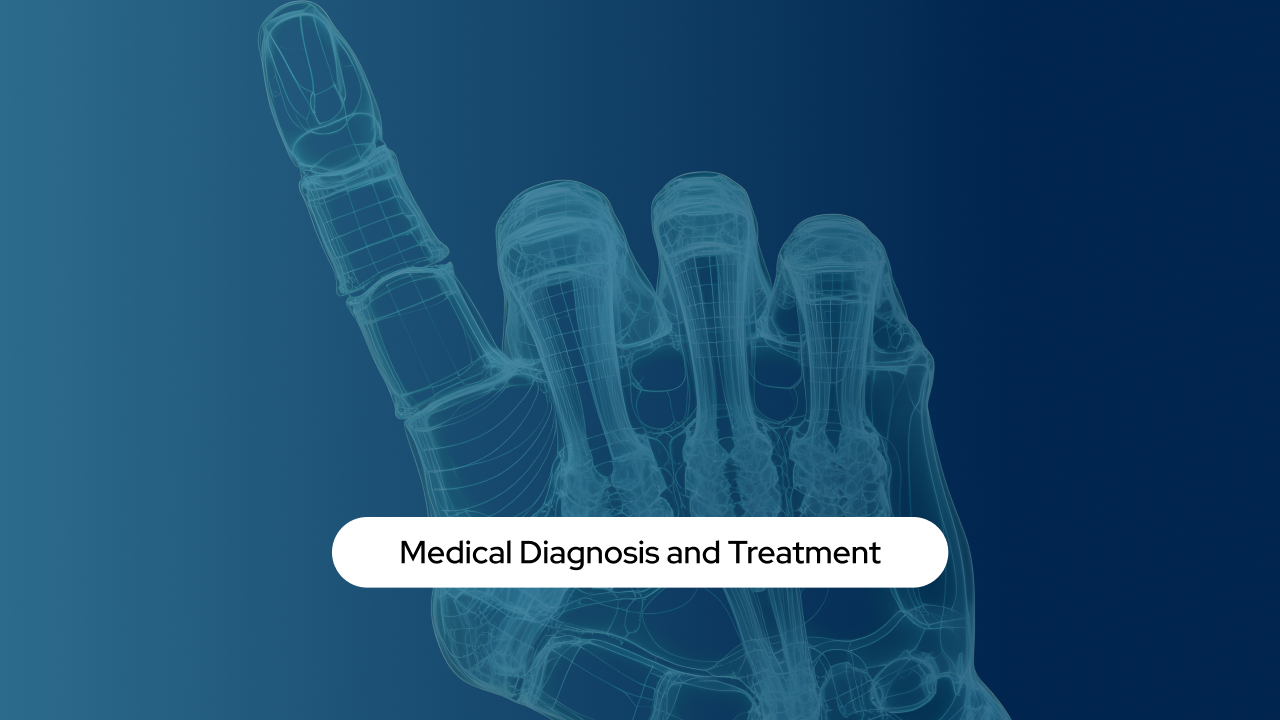When Algorithms Know You Best - The Future of AI Personalization in Healthcare

Artificial Intelligence (AI) in healthcare, though not a novel concept, is rapidly evolving and ushering in an era of personalized healthcare. From analyzing scans to generating new drug formulas, machine learning has already made significant strides in the health industry. However, the next level of AI application promises a more bespoke approach: a personal algorithm tailored to an individual's unique health profile, maximizing self-care efficiency.
The global AI healthcare market, valued at USD 16.3 billion in 2022, is projected to soar to USD 173.55 billion by 2029, growing at a CAGR of 40.2%. This phenomenal growth reflects the increasing acceptance and integration of AI in healthcare. North America, leading this market, boasts a strong presence of key players. Trends such as AI-powered medical imaging and the merger of healthcare businesses to enhance AI capabilities are shaping the industry. Furthermore, the amalgamation of AI with robotics or blockchain is transforming healthcare delivery, promoting precision medicine.

Today's consumer experiences are highly personalized, a trend extending to health monitoring. Wearables like smartwatches and fitness trackers provide crucial data for managing diet, sleep, and exercise. The pharmaceutical industry, leveraging this data, aims to design personalized therapies. However, achieving fully tailored healthcare necessitates vast data analysis, beyond manual capabilities.
Machine learning, a key technological advancement, is essential for processing large data volumes and comprehending the complex reactions of the human body to diseases. AI's potential in healthcare is vast, with personalized medicine on the horizon. The global datasphere is expected to expand to 175 zettabytes by 2025, enhancing the clinician's ability to personalize treatments and clinical trials based on individual genetic makeup.
AI in Disease Prediction and Prevention
Understanding gene mutations is key in predicting and preventing illnesses. This approach is evident in cancer treatments, where personalized methods based on genetic changes are becoming more common. Daily data collection from various sources is vital, but it requires AI for efficient management and analysis.
AI addresses the challenges of big data in healthcare, enabling quicker data analysis and precise treatment recommendations. It enhances patient care, allowing for earlier disease prevention and treatment. The proliferation of wearable technologies and IoT devices is further advancing personalized healthcare.
AI-Enhanced Treatment and Clinical Trials
AI-powered personalized medicine could revolutionize the treatment of diseases like heart disease, cancer, and rare conditions like cystic fibrosis. It allows for optimized medication timing and dosage, and more personalized patient screening. This approach could lead to earlier diagnoses, better treatments, and more efficient resource utilization.
AI also offers significant improvements in clinical trials. By identifying specific groups that respond well to treatments, AI can refine trial outcomes. The concept of "digital twins" enables researchers to conduct preliminary trials virtually, reducing the time and cost of drug development and ensuring treatments target those who benefit most.
Smart wearables + AI
The combination of AI and smart wearables, exemplified by devices like the Apple Watch, is revolutionizing the healthcare industry. These wearables are capable of gathering a wealth of data from body metrics, offering insights that were previously inaccessible. With features like sleep tracking, body temperature measurement for fertility, and the ability to record electrocardiograms and blood oxygen levels, the Apple Watch is becoming an integral part of personal health monitoring. Future enhancements aim to add sensors for monitoring blood pressure, hypertension, and sleep apnea, alongside next-generation products like AirPods with hearing aid capabilities and the Vision Pro headset for mental health support.
What makes this data especially powerful is the role of AI in synthesizing and analyzing it. AI can consider various aspects of an individual's lifestyle, eating habits, and environment, integrating these with the rich data provided by wearables. This combination is something beyond the scope of manual processing, even with digital systems. The result is a highly personalized healthcare experience, where trends and potential health issues can be identified early, leading to preventative care.
In this way, AI and smart wearables are not just gadgets but valuable health allies, offering a glimpse into a future where technology and healthcare are seamlessly integrated.
Privacy Concerns and the Future of AI in Healthcare
With these advancements come privacy concerns. Not everyone may be comfortable sharing extensive health data with AI systems. Despite these challenges, the revolutionizing potential of AI in healthcare is undeniable. Embracing these new technologies could greatly benefit humanity.
As AI in healthcare continues to evolve, it's crucial to stay informed about the latest developments. Follow AI LABS for cutting-edge insights on AI's role in revolutionizing healthcare and shaping the future of personalized medicine.




